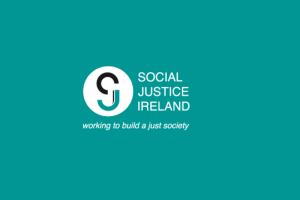
By Cian Molloy - 11 September, 2017
 Ireland’s National minimum wage doesn’t allow people to live what is considered a minimum socially acceptable standard of living in Ireland, says Fr Seán Healy, Director of Social Justice Ireland (SJI).
Ireland’s National minimum wage doesn’t allow people to live what is considered a minimum socially acceptable standard of living in Ireland, says Fr Seán Healy, Director of Social Justice Ireland (SJI).
At present, the minimum wage for an experienced adult worker is €9.25 an hour, and that is set to increase to €9.55 an hour in January, but Fr Healy says that the planned rate increase will do little to change the plight of the country’s lowest paid.
The most recent data on minimum wage employment published by the Central Statistics Office (CSO) shows that about 10 per cent of employees are working for the minimum wage or less. “This is about twice the level of previous estimates,” said Eamon Murphy, an SJI economic analyst, who added: “There are tens of thousands of others working for a rate above the minimum wage but below the living wage.
“According to the CSO, 13.3 per cent of people living in poverty and 24.8 per cent of people living in deprivation are in employment. This corresponds to more than 100,000 in poverty and almost 300,000 workers experiencing deprivation, despite having a job. This highlights the failure of policies which concentrate too heavily on job creation as a means of social progress.”
Fr Healy pointed out that even after the minimum wage rate is increased next year it will be 20 per cent below ‘the living wage’, the amount required for a minimum socially acceptable standard of living, which is currently reckoned to be €11.70 an hour. He continued: “This leads to unusually high numbers of people in employment who are still living in poverty, and casts doubt on the assumption that job creation should be the central focus of Ireland’s poverty relief strategy.”
Calling for the government to set out a plan on how to close the gap between the national minimum wage and the living wage, Fr Healy said: “Social Justice Ireland is seriously concerned about the gap between the minimum wage and the Living Wage. It means that there are hundreds of thousands of people at work who are unable to achieve a decent standard of living.”